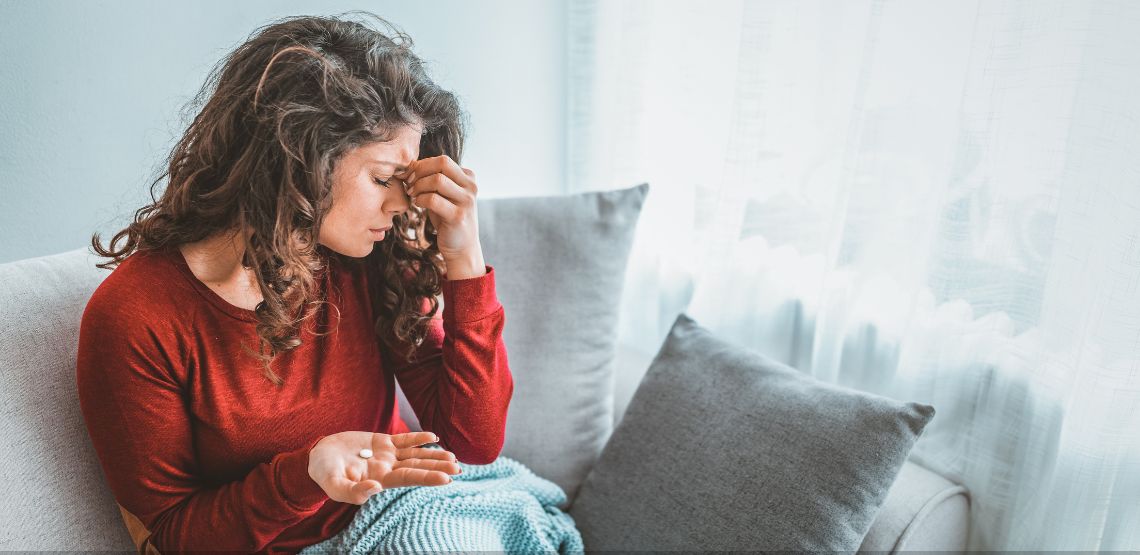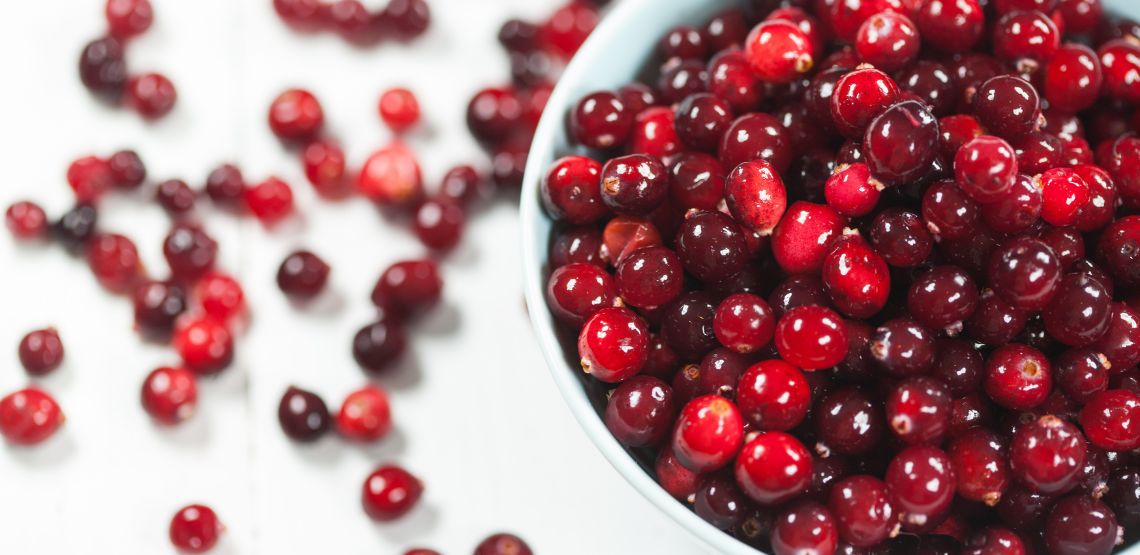The Painful Trio
Enjoying a few drinks with friends can be a delightful experience, but for some, the aftermath can be far from pleasant. Alcohol has a notorious reputation for triggering both migraines and hangovers, leaving many to suffer from intense headaches, nausea and a general feeling of malaise. If you're a sufferer of migraines, alcohol may worsen them, so you want to take extra precautions. To help your migraines, consider QULIPTA, a prescription medication used for the preventive treatment of episodic migraines in adults. Let's take a look at alcohol and its role in hangovers and migraines.
6 Ways to Treat a Hangover
- Hydrate: Drink plenty of water to counteract dehydration caused by alcohol, which is a major contributor to hangover symptoms like headaches and fatigue. Electrolyte drinks or coconut water can also help replenish lost minerals.
- Eat a balanced breakfast: Consuming a nutritious meal can help stabilize blood sugar levels and provide essential nutrients. Opt for foods rich in carbohydrates to boost energy, and include protein to help metabolize alcohol byproducts.
- Pain relief: Over-the-counter pain relievers such as ibuprofen or aspirin can alleviate headache and muscle soreness. Avoid acetaminophen, which can stress your liver already working to process alcohol.
- Rest: Resting allows your body to recover from the effects of alcohol and lack of sleep. Take short naps throughout the day if possible, and avoid strenuous activities.
- Herbal teas: Ginger and peppermint teas have natural properties that can help settle your stomach and alleviate nausea. These teas also provide hydration and a comforting effect.
- Supplements: Consider taking vitamins or supplements to replenish nutrients depleted by alcohol consumption, such as vitamin B complex, vitamin C, magnesium and zinc. These can help support your immune system and aid in the recovery process.
What is the Link Between Alcohol and Migraines?
The link between alcohol and migraines is complex and varies depending on individual susceptibility and drinking habits. Here are key points highlighting this relationship:
Triggering Factor
Alcohol is a common trigger for migraines in susceptible individuals. It can induce headaches either during intoxication (immediate onset) or afterward (delayed onset), known as a "hangover headache."
Types of Alcohol
Certain types of alcoholic beverages are more likely to trigger migraines than others. Red wine, beer (especially those with high histamine content),and dark spirits like whiskey and bourbon are often cited as problematic.
Mechanisms
The exact mechanisms by which alcohol triggers migraines are not fully understood but may involve various factors:
- Alcohol's vasodilatory effects (widening of blood vessels) and impact on blood flow in the brain.
- Alcohol's ability to release neurotransmitters like serotonin and histamine, which can influence migraine development.
- Dehydration caused by alcohol consumption, which can exacerbate headache symptoms.
Individual Variability
Susceptibility to alcohol-induced migraines varies widely among individuals. Some people may experience migraines with minimal alcohol consumption, while others can tolerate moderate amounts without adverse effects.
Prevention and Management
To reduce the risk of alcohol-triggered migraines, individuals prone to migraines should consider:
- Limiting alcohol consumption or avoiding trigger beverages altogether.
- Staying hydrated by drinking water alongside alcohol.
- Monitoring their alcohol intake and paying attention to how different types of alcohol affect their migraine patterns.
Professional Advice
For individuals experiencing frequent migraines exacerbated by alcohol, seeking advice from a healthcare provider or a specialist in headache medicine can help in identifying triggers, managing symptoms and developing personalized strategies for prevention.
How Can You Avoid Alcohol?
Here are a few things you can do to keep alcohol away:
- Set clear boundaries and communicate them to others.
- Find alternative activities or beverages to enjoy.
- Avoid situations or environments where alcohol is present.
- Seek support from friends, family or a support group if needed.
- Stay focused on your goals and prioritize your health and well-being.
Migraine Treatment Options
- Medications: Over-the-counter pain relievers like ibuprofen or acetaminophen for mild migraines, and prescription medications such as triptans or ergotamines for moderate to severe migraines.
- Lifestyle changes: Managing triggers like stress, lack of sleep or certain foods, and maintaining a regular sleep schedule and hydration.
- Behavioral therapy: Cognitive behavioral therapy (CBT) or biofeedback to manage stress and reduce migraine frequency.
- Alternative therapies: Acupuncture, yoga or relaxation techniques may help some individuals manage migraine symptoms.
- Rescue medications: Medications used to alleviate symptoms during a migraine attack, such as anti-nausea medications or medications specifically formulated for migraine pain relief.
- Devices: Certain medical devices, like Cefaly or gammaCore, are FDA-approved for migraine treatment and may be recommended for some patients.
- QULIPTA: QULIPTA is a once-daily pill that reduces migraine attacks, helping you get rid of that migraine feeling.
Alcohol's Role in Migraines and Hangovers
In summary, while alcohol can be enjoyable in moderation, it can also trigger migraines and lead to painful hangovers. Understanding how alcohol affects your body and knowing your limits can help you make informed choices to avoid these unpleasant side effects. By staying hydrated, eating well and knowing when to say no to another drink, you can better manage the impact of alcohol on your health and well-being.


